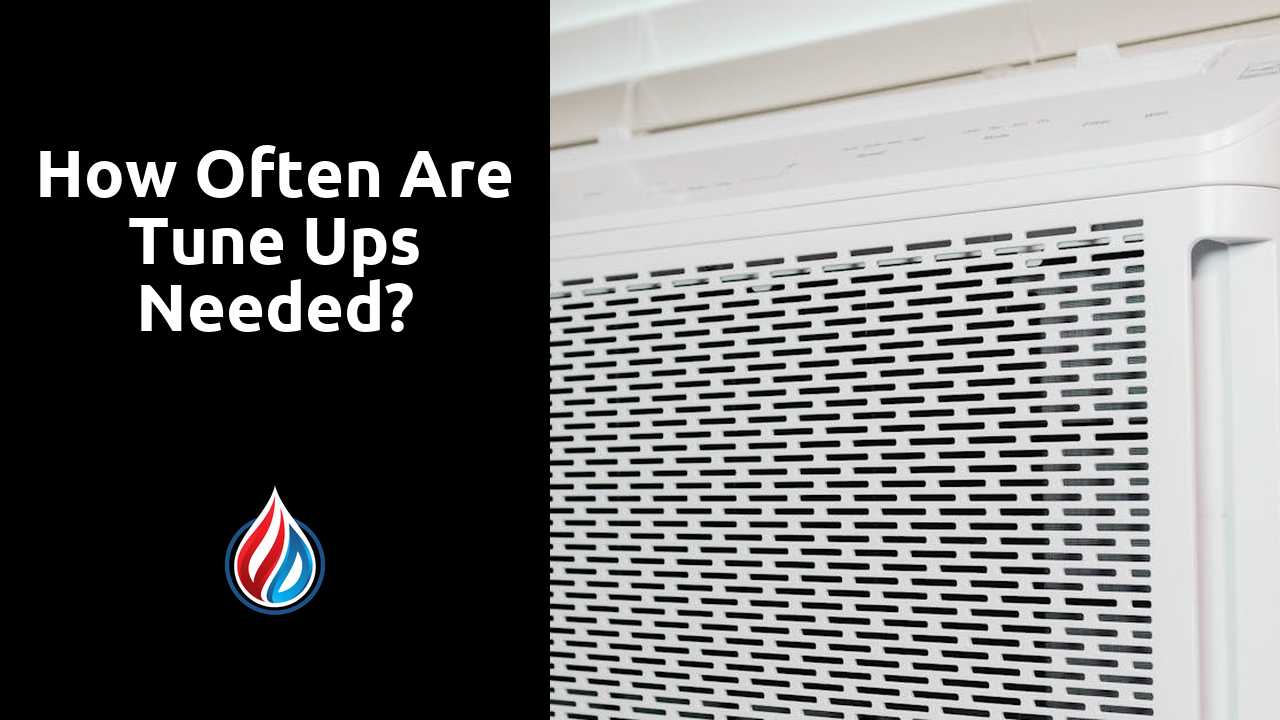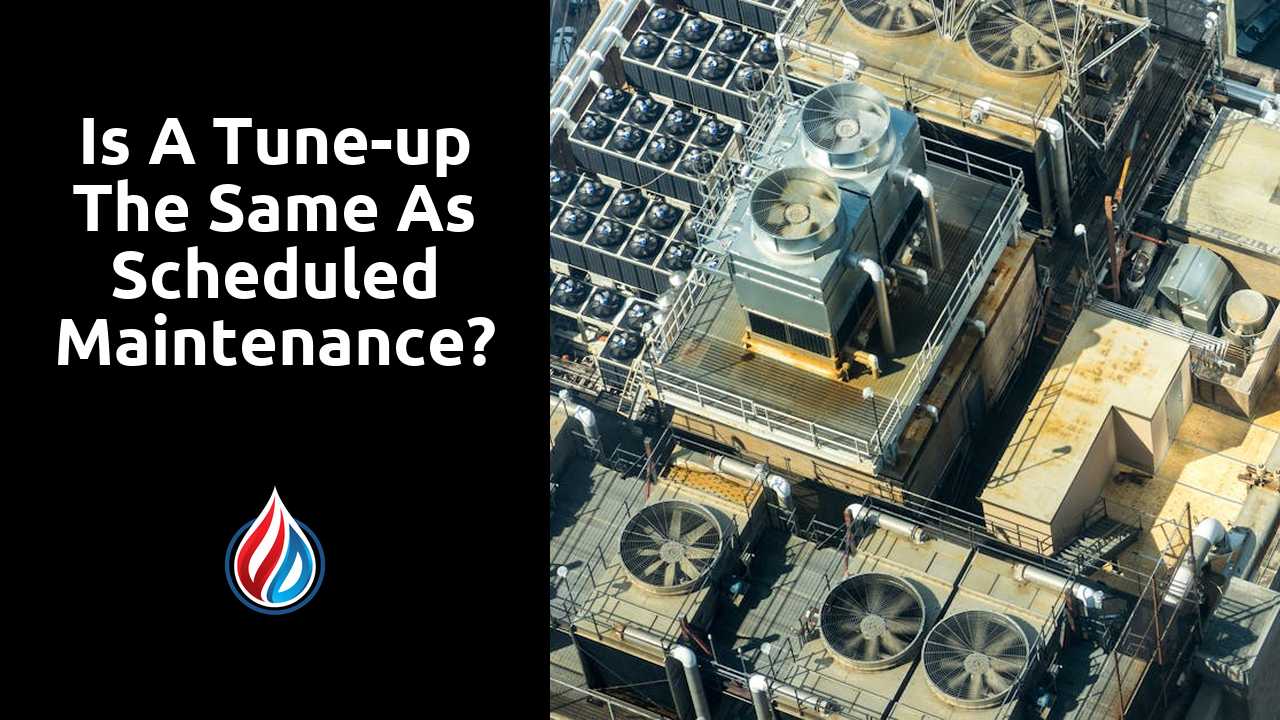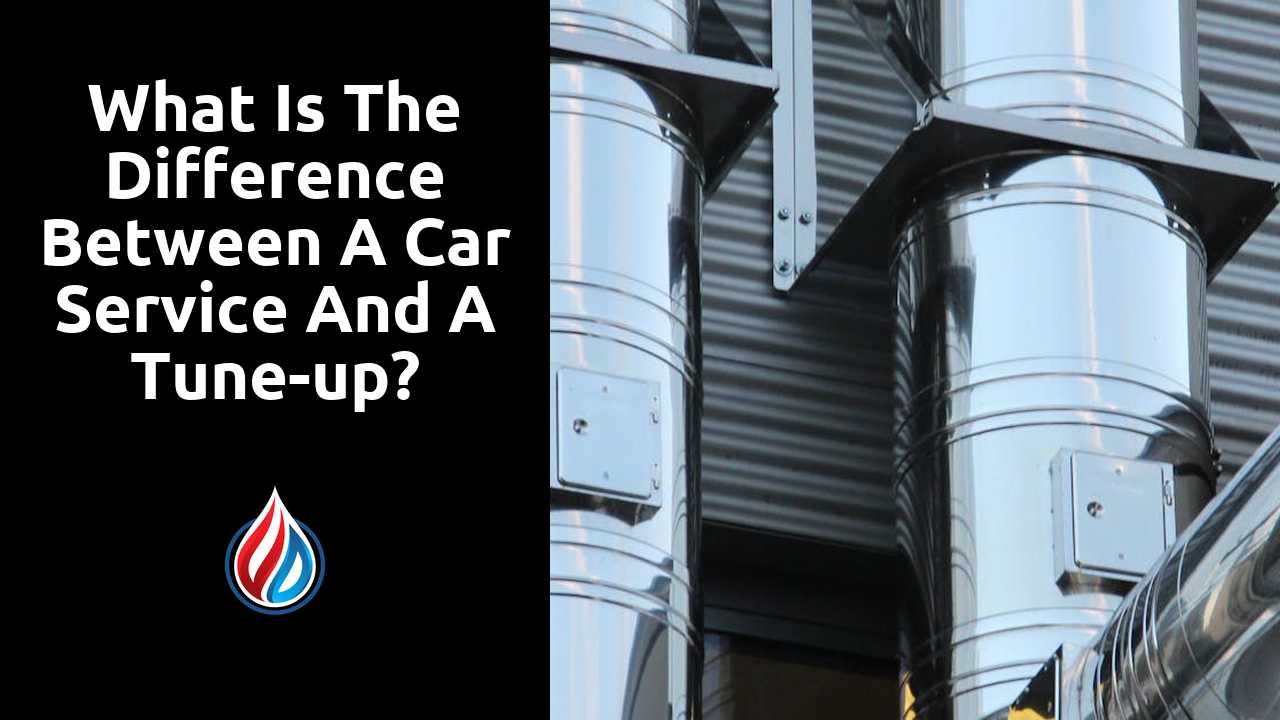
Table Of Contents
The Role of Engine Type in Tune Up Schedule
The type of engine significantly influences the frequency and nature of Maintenance and Tune-Ups. Petrol engines typically require more regular attention compared to their diesel counterparts. Factors such as the engine's construction, fuel type, and overall design contribute to the variations in maintenance schedules. Generally, petrol engines may benefit from tune-ups every 10,000 to 15,000 miles, helping to ensure optimal performance and efficiency.
Diesel engines, while regarded as more robust, still necessitate a tailored tune-up schedule. These engines can often run longer between services, with recommendations suggesting intervals of up to 20,000 miles or more depending on usage conditions. However, neglecting necessary Maintenance and Tune-Ups can lead to diminished fuel efficiency and a decline in overall vehicle performance.
Comparing Petrol and Diesel Engine Requirements
Petrol engines typically require more frequent Maintenance and Tune-Ups compared to their diesel counterparts. The combustion process in petrol engines generates more deposits and impurities, necessitating regular inspections and replacements of spark plugs, air filters, and fuel filters. Generally, a petrol engine may benefit from service every 12,000 to 15,000 miles, depending on the manufacturer's recommendations and driving conditions.
Diesel engines, on the other hand, are designed with different components that can often lead to longer intervals between Maintenance and Tune-Ups. They do not rely on spark plugs for ignition, which reduces the frequency of certain maintenance tasks. However, the need for replacing fuel filters, checking the air intake system, and assessing the condition of glow plugs remains essential. Service schedules for diesel engines can extend upwards of 18,000 to 25,000 miles, emphasising the importance of adhering to specific manufacturer guidelines to ensure optimal performance.
Potential Consequences of Neglecting Tune Ups
Neglecting regular maintenance and tune-ups can lead to a gradual decline in vehicle performance. Engine efficiency often diminishes without appropriate adjustments and part replacements, resulting in decreased fuel economy and increased emissions. Over time, these issues can compound, leading to more significant mechanical problems that may require costly repairs. Additionally, a lack of attention to vital components like spark plugs and filters can contribute to rough idling and starting difficulties.
The safety of the vehicle may also be compromised due to overlooked maintenance and tune-ups. Worn-out or malfunctioning parts can affect braking systems, steering responsiveness, and overall handling. These factors not only reduce driving comfort but also heighten the risk of accidents on the road. Ensuring that regular maintenance and tune-ups are performed can safeguard against these potential hazards and enhance the reliability of a vehicle.
Risks to Vehicle Performance and Safety
Neglecting regular Maintenance and Tune-Ups can lead to a range of performance issues that may compromise a vehicle's efficiency. Over time, worn components can fail to operate as intended, resulting in a drop in fuel economy and increased emissions. This decline in performance not only diminishes the driving experience but can also escalate running costs significantly, making the vehicle less economical to operate.
Safety is another critical aspect affected by insufficient Maintenance and Tune-Ups. Deteriorating brakes, malfunctioning lights, and failing steering systems can pose dangerous risks on the road. Ensuring that a vehicle undergoes regular checks and servicing can help prevent such hazards, contributing to a safer driving environment for both the driver and other road users.
DIY Tune Ups vs. Professional Services
DIY tune-ups can be a practical option for those with mechanical knowledge and basic tools. Routine tasks, such as replacing air filters, spark plugs, and oil changes, can often be managed by enthusiastic car owners. This approach not only saves on labour costs but also provides a sense of accomplishment. Furthermore, regular Maintenance and Tune-Ups can lead to using the vehicle for a longer period without significant issues.
However, some vehicle maintenance tasks require specialised knowledge and equipment. Seeking professional services ensures that complex components, such as fuel injectors or timing belts, are serviced correctly. Additionally, professionals have access to diagnostic tools that can identify underlying problems that may not be visible during a DIY assessment. Ensuring comprehensive care through expert assistance can enhance vehicle performance and contribute to long-term reliability.
When to Seek Expert Assistance
Understanding when to seek expert assistance for maintenance and tune-ups is crucial for maintaining vehicle performance. While some basic tasks can be performed by enthusiastic owners, issues such as unusual noises, changes in engine behaviour, or fluid leaks often signal that professional help is needed. Expert mechanics possess the tools and expertise to diagnose underlying problems that may not be immediately apparent, ensuring that any necessary adjustments or repairs are executed properly.
Additionally, as vehicles age or accumulate higher mileage, regular maintenance and tune-ups become increasingly important to avoid potential repairs. Some issues may require specialised knowledge of specific engine types or manufacturer recommendations. Engaging a professional not only ensures adherence to proper procedures but also enhances the longevity and reliability of the vehicle by addressing potential issues before they escalate.
FAQS
How often should I schedule a tune up for my vehicle?
Generally, it is recommended to have a tune up every 10,000 to 15,000 miles, but this can vary based on the make and model of your vehicle, as well as its engine type.
What are the main differences in tune up schedules for petrol and diesel engines?
Petrol engines typically require more frequent tune ups due to their design and operation, while diesel engines may have longer intervals, often needing a tune up every 15,000 to 20,000 miles.
What might happen if I neglect regular tune ups?
Neglecting regular tune ups can lead to decreased vehicle performance, increased fuel consumption, and potential safety risks due to engine inefficiencies or malfunctions.
Can I perform a tune up on my vehicle myself?
Yes, some basic tune up tasks such as replacing spark plugs or air filters can be done as DIY projects. However, for more complex issues, it is advisable to seek professional assistance.
When should I consider taking my vehicle to a professional for a tune up?
If you notice changes in your vehicle's performance, such as unusual noises, decreased fuel efficiency, or warning lights on the dashboard, it's best to consult a professional mechanic for a thorough inspection and tune up.


